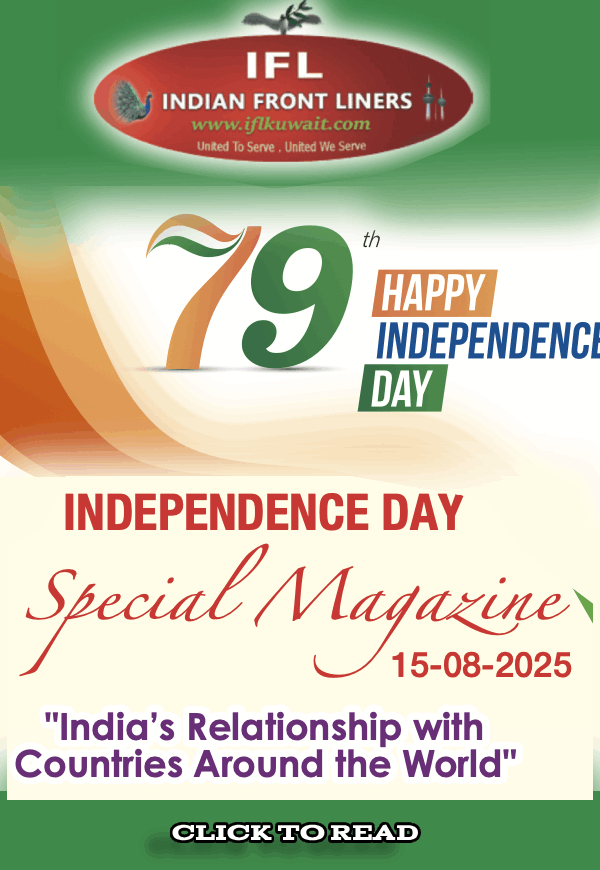WhatsApp, owned by Meta, has added several new features recently. The company is also developing more features for future versions. Take a look at some of these
DRAWING TOOLS: The company has rolled out three new drawing tools: two new pencils and a blur tool. The blur tool was already available on WhatsApp for iOS, so what's new is the interface of the drawing editor when using these new drawing tools.
REACT TO MESSAGES WITH MORE EMOJIS: The platform currently gives users the ability to react with just 6 emojis. But the company has recently rolled out a new feature that will let users react to messages with any emoji of their choice. Emojis like a robot, french fries, surfing in the sea, etc. are some among them. The feature may take a few days to reach all Android and iOS devices that use WhatsApp, but rest assured that it is finally on its way.
2GB FILE SHARING: Users can share larger files now since the platform has increased the file transfer size from 100MB to 2GB.
512-MEMBERS GROUP CHATS: WhatsApp has doubled the maximum number of participants allowed in a group chat, from 256 to 512 people. This facility to add more people to the groups is slowly being rolled out.
MUTE, MESSAGE PARTICIPANTS DURING GROUP CALL: These group calling features would allow users to mute others during a group call and send messages to specific people. One can also see a banner when someone joins a group call off-screen.
HIDE PROFILE PHOTO, LAST SEEN FROM SPECIFIC PEOPLE: This new privacy setting would allow users to hide their 'profile photos,' 'last seen,' and 'about' information from specific people in their contact lists. Until now, users had three privacy options for one's profile photo, last seen, and About info - Everyone, My Contacts, and Nobody. These are joined by a fourth option called 'My contacts except...' which is also available for Status privacy. But if someone doesn't share their last seen with others, they won't be able to see others either, just like read receipts, with the only difference being that the latter will always remain active for group chats, even if they've turned it off.
MESSAGE EDITING TOOL: The company is readying another important function, the ability to edit a message. It has been quite a while since the app started letting users delete messages, but it never brought the ability to edit them. The upcoming feature will let users fix any typo after sending a message.
HIDE ONLINE STATUS FROM ALL: WhatsApp is also working on a feature that will give iOS users the ability to hide their online status from everyone. As of now, users can choose to display their 'Last Seen' information to contacts, some people, or no one. For a future version of the app, WhatsApp will let users follow a similar approach to the online toggle.
SEARCH SHORTCUTS: With the new shortcut feature, users will be able to make searches straight from the info page of personal contacts and group chats.
VERIFICATION CODE TO PREVENT FRAUD: The under-development feature would add an extra layer of security before logging into a WhatsApp account. That means any successful attempt to log into the user's account from another device requires an additional verification code to confirm. This feature would help to protect those users that may naively share their 6-digit code.
EXIT GROUPS SILENTLY: Currently, when users exit a group, WhatsApp normally adds a system message in the chat to inform all participants that one has exited the group. As per this under-development feature, when users want to exit a group, other people will not be notified in the chat. Only group admins will be able to see who exits the group.
MULTI-DEVICE LINKING: The new feature being tested in the beta will allow users to talk with the same account on different phones. This is a significant advance from the past when multi-devices could only be run via a desktop client or web browser. Once functional, this feature will allow users to talk with the same account on different phones, or a phone and a tablet.
PREVIEW PHOTOS AND VIDEOS: The company is working on a new way to get the document preview when you share videos and images as documents in chats. Currently, you cannot get a glimpse of an image or video sent as a document without opening it. The preview will be similar to the one that is visible when you share a PDF file as a document on WhatsApp.
POLLS: The new feature will allow you to select a question and add several options to it. This includes adding a question and up to 12 different options for responses. The feature is initially expected to be available for WhatsApp groups only.
REELS: The company is planning to allow Reels inside WhatsApp in future updates. The feature will reportedly allow users to watch Instagram Reels directly from the messaging app. It could be a part of WhatsApp’s integration plan with other Facebook-owned apps.
COMMUNITIES FEATURE: The platform is soon expected to introduce a new Communities feature for Group administrators. The feature is about to provide more control to the Group administrators. With this, admins can create Groups within Groups. The Sub-Groups will also be end-to-end encrypted.
NEW CHAT FEATURE FOR GROUP ADMINS: The new chat feature for group admins will allow them to delete messages sent by other group members. This will be rolled out in a future update. When its functional, the group admins will be able to delete inappropriate messages without the permission of the authors. Also, it will give more power to admins to control the group chats. When an admin deletes a particular message in the group chat, users will receive a notification that says ‘This was deleted by an admin’.
GROUP MEMBERSHIP APPROVAL: The latest beta update also includes an admin approval feature that allows WhatsApp group admins to accept or deny requests from people wanting to join via hyperlink when enabled. When available, the feature must be manually enabled for each group that requires it. The option to toggle it on or off will be available in the group settings as 'Group Membership Approval' and whenever the feature is toggled on or off, all current customers in the group will receive a quick notification to let them know about the change. When the feature is enabled, admins will see group membership requests in a separate subsection in the 'Group Info' section each time someone tries to join the group using a sharable link. Admins can choose which clients to grant access to the group on this page.
READ LATER: Currently, when you archive an individual or group chat, the service hides it in the archive section, so that the chats are not visible on the top of the messaging app. However, when a new message arrives, the archived chat automatically shows up on the top of the screen, which is quite annoying. With this new feature, the platform aims to eliminate these interruptions. Archived chat will not be brought to the top of the messaging app. Read later will also come with an edit button for users to customise settings. The users will also be able to select multiple chats at once to quickly unarchive them.






